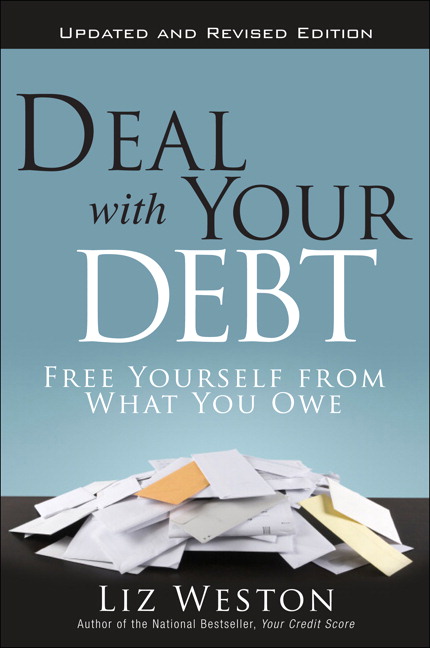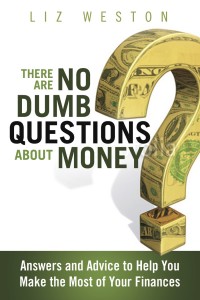 Banks are watching your Facebook account, escaping a lease, and keeping your cool.
Banks are watching your Facebook account, escaping a lease, and keeping your cool.
The Identity Theft Flu: 5 Ways to Stay Healthy
There’s no way to completely protect yourself from identity theft, but here are some ways to boost your financial immune system.
Using Social Media to Stop Online Payment Fraud
Your Facebook status updates could soon be used to verify your financial state.
Is Creating a Personal Budget a Good Idea?
Experts debate the pros and cons of personal budgets.
Tips on how to break a lease as painlessly as possible.
Smart Ways to Slash Your Summer Bills
How to stay cool without melting your wallet.

